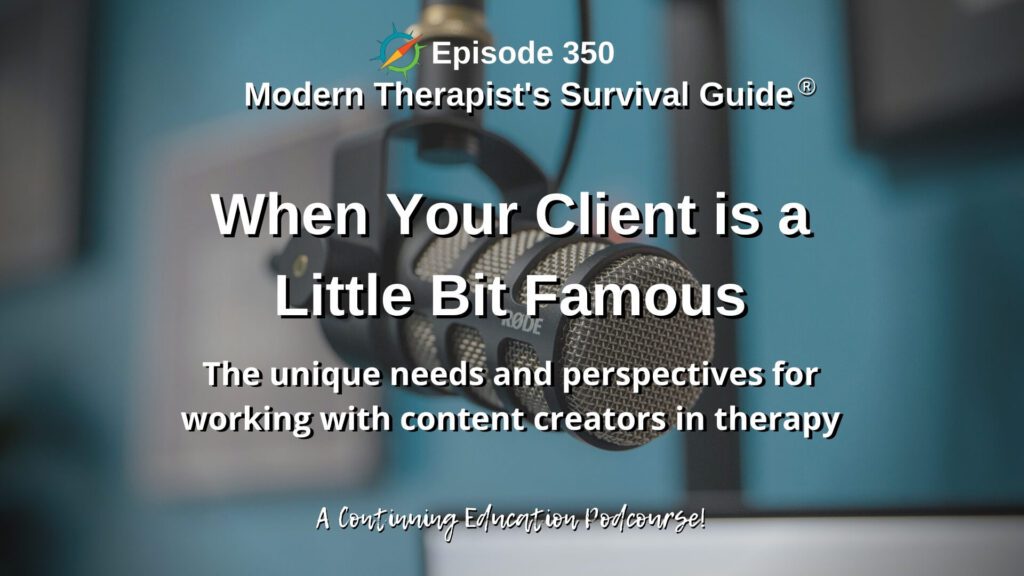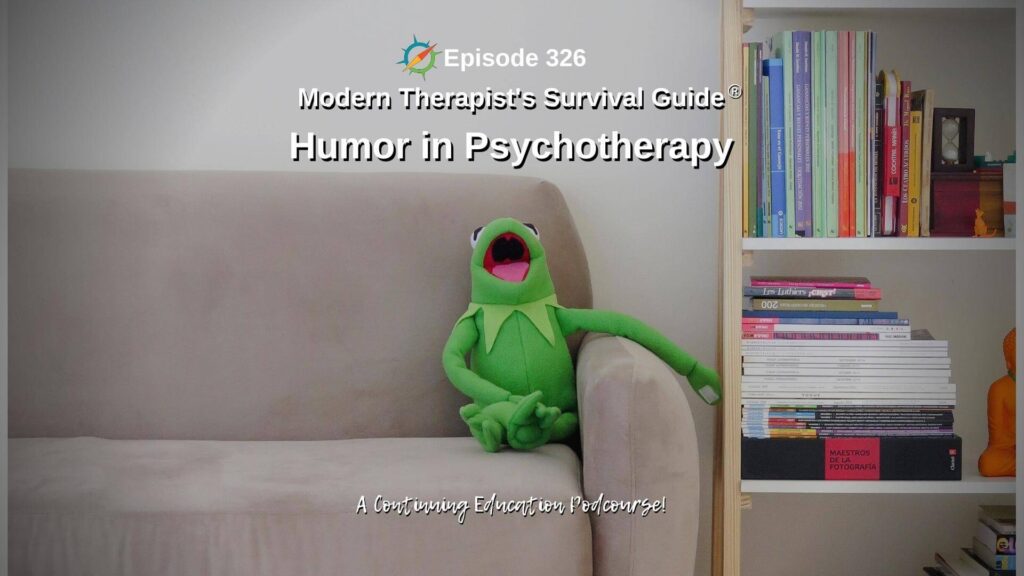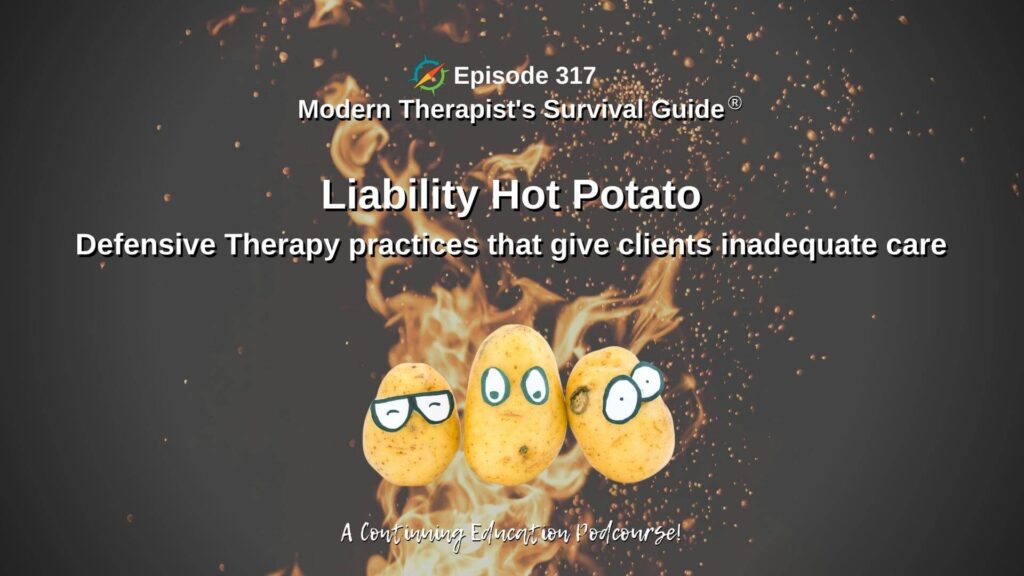Are You Too Burned Out to Work? An ethical assessment of therapist burnout and impairment
Katie Vernoy, MS, LMFT and Curt Widhalm, MA, MS, LMFT |Are You Too Burned Out to Work? An ethical assessment of therapist burnout and impairment (1 CE hour) So many therapists complain that they are burned out, but then continue to work. Is this ethical? In this continuing education podcourse, we explore what therapist burnout […]









